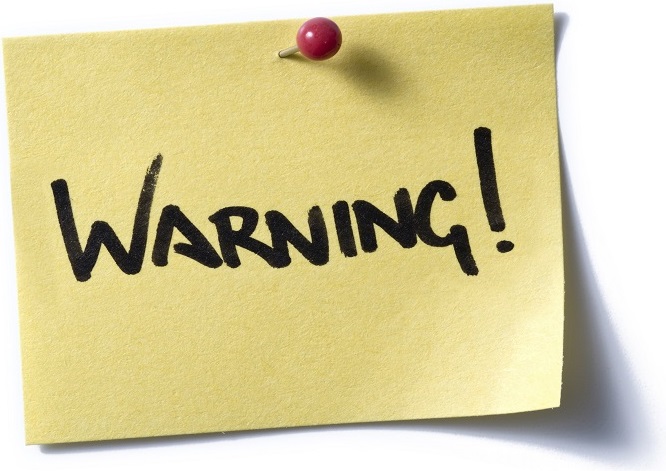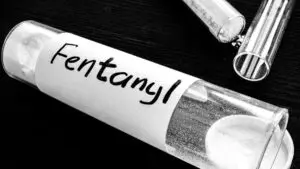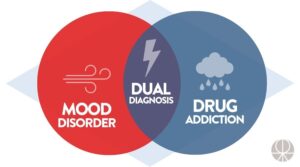Recognizing the early signs of addiction can make a significant difference in preventing long-term consequences. Addiction often starts subtly, and understanding the warning signs can help individuals or their loved ones take proactive steps toward recovery. Here’s an overview of early signs of addiction and actionable strategies for addressing them.
Early Signs of Addiction
1. Increased Tolerance
•Needing larger amounts of a substance (e.g., alcohol, drugs) to feel the same effect.
•Developing a dependency on activities like gambling or internet use to achieve satisfaction.
2. Preoccupation with Substance or Behavior
•Spending a disproportionate amount of time thinking about or planning to engage in the addictive activity.
•Losing interest in hobbies or social activities that used to be enjoyable.
3. Changes in Behavior
•Mood swings, irritability, or anxiety when unable to engage in the substance or behavior.
•Avoidance of responsibilities at work, school, or home.
4. Secretive or Risky Actions
•Hiding substance use or lying about the extent of involvement.
•Engaging in risky behaviors such as driving under the influence or borrowing money for addictive habits.
5. Physical Symptoms
•Unexplained weight loss or gain.
•Bloodshot eyes, frequent nosebleeds (with drug use), or signs of withdrawal (e.g., shaking, sweating).
6. Neglect of Self-Care
•Declining personal hygiene and health.
•Ignoring regular meals, exercise, or medical appointments.
7. Relationship Struggles
•Strained friendships or family conflicts related to the addictive behavior.
•Isolating oneself from loved ones to avoid confrontation.
What to Do About It
1. Educate Yourself
•Understand the substance or behavior and its effects.
•Learn the difference between casual use, dependency, and addiction.
2. Open the Lines of Communication
•Approach the person with compassion, not judgment.
•Use “I” statements (e.g., “I’ve noticed you’ve been more withdrawn lately”) to express concerns.
3. Seek Professional Help
•Consult a healthcare professional, counselor, or addiction specialist for guidance.
•Explore options such as therapy, support groups, or treatment programs.
4. Create a Supportive Environment
•Remove triggers or access to the addictive substance.
•Encourage healthy habits like regular exercise, balanced nutrition, and mindfulness practices.
5. Consider Early Intervention Programs
•Look into resources for early intervention, such as outpatient programs or 12-step groups.
•The earlier treatment begins, the better the chances of recovery.
6. Practice Patience
•Addiction recovery is a long-term process that requires persistence and understanding.
•Celebrate small victories to encourage continued progress.
Conclusion
Spotting the early signs of addiction can feel overwhelming, but taking action promptly can prevent the problem from escalating. Whether for yourself or someone you care about, reaching out for help is a courageous first step. With education, support, and professional guidance, it’s possible to break free from addiction and regain control of life.



